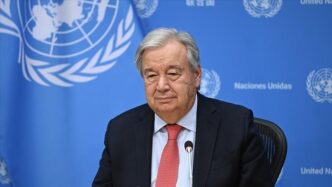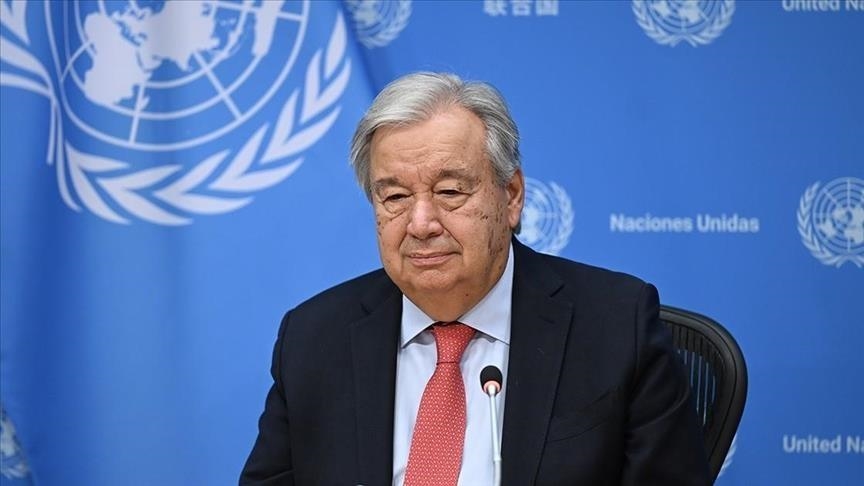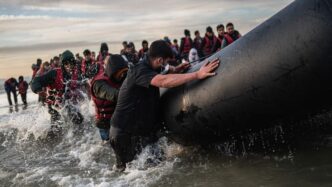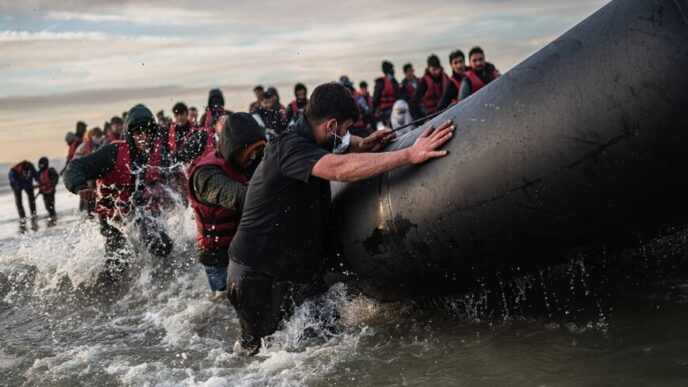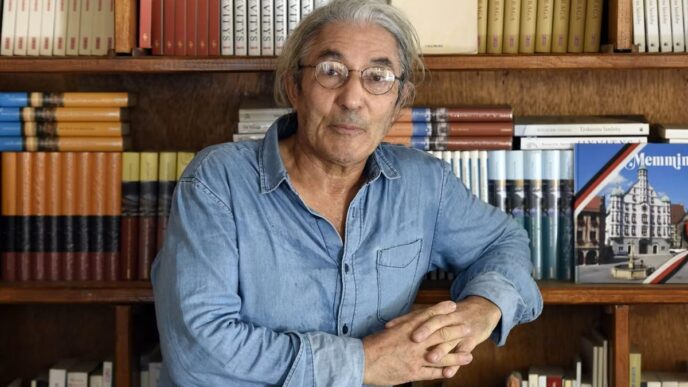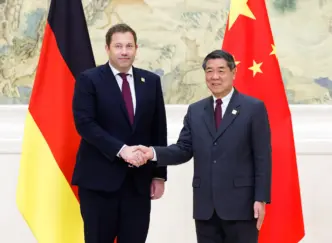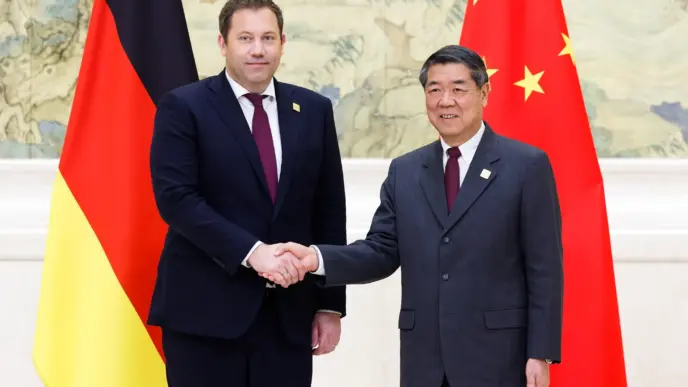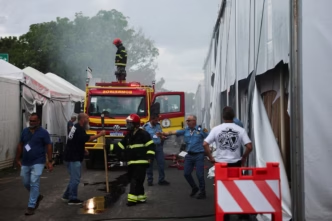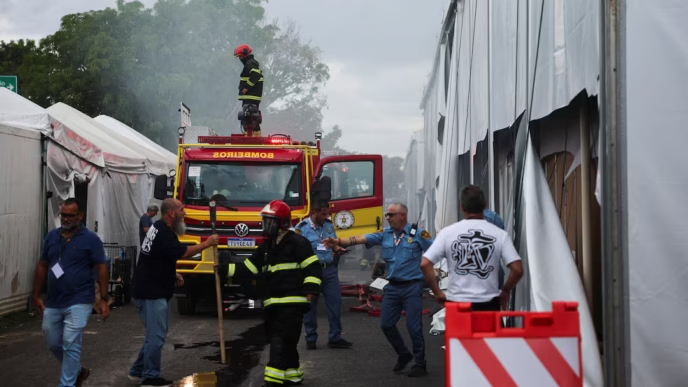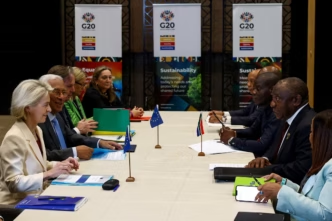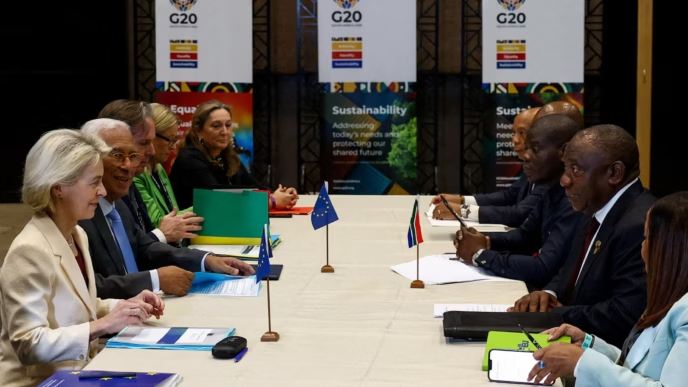UN Secretary-General António Guterres on Tuesday urged countries across the Sahel to put aside political rifts and work together to curb escalating violence by armed groups in a region already mired in humanitarian crisis. Speaking to the UN Security Council via video message, he stressed that deep divisions must not prevent coordinated action against the surge in extremist attacks.
The Sahel has endured a succession of military coups in recent years, with several juntas withdrawing from ECOWAS, further undermining regional cooperation. Despite these tensions, Guterres insisted it was “absolutely essential” for intelligence and security services across ECOWAS, the Alliance of Sahel States (AES), Mauritania, Chad and Algeria to form a platform for joint counter-terrorism efforts.
According to an AFP analysis of data from ACLED, attacks by insurgents have doubled in scale since 2019, with militants now active across territory roughly twice the size of Spain. Groups linked to Al-Qaeda, particularly the Group for the Support of Islam and Muslims (JNIM), as well as the Islamic State organisation, are operating across almost all of Mali and Burkina Faso, stretching from western Niger and northern Nigeria to the Senegalese border. The violence has contributed to an estimated 77,000 deaths.
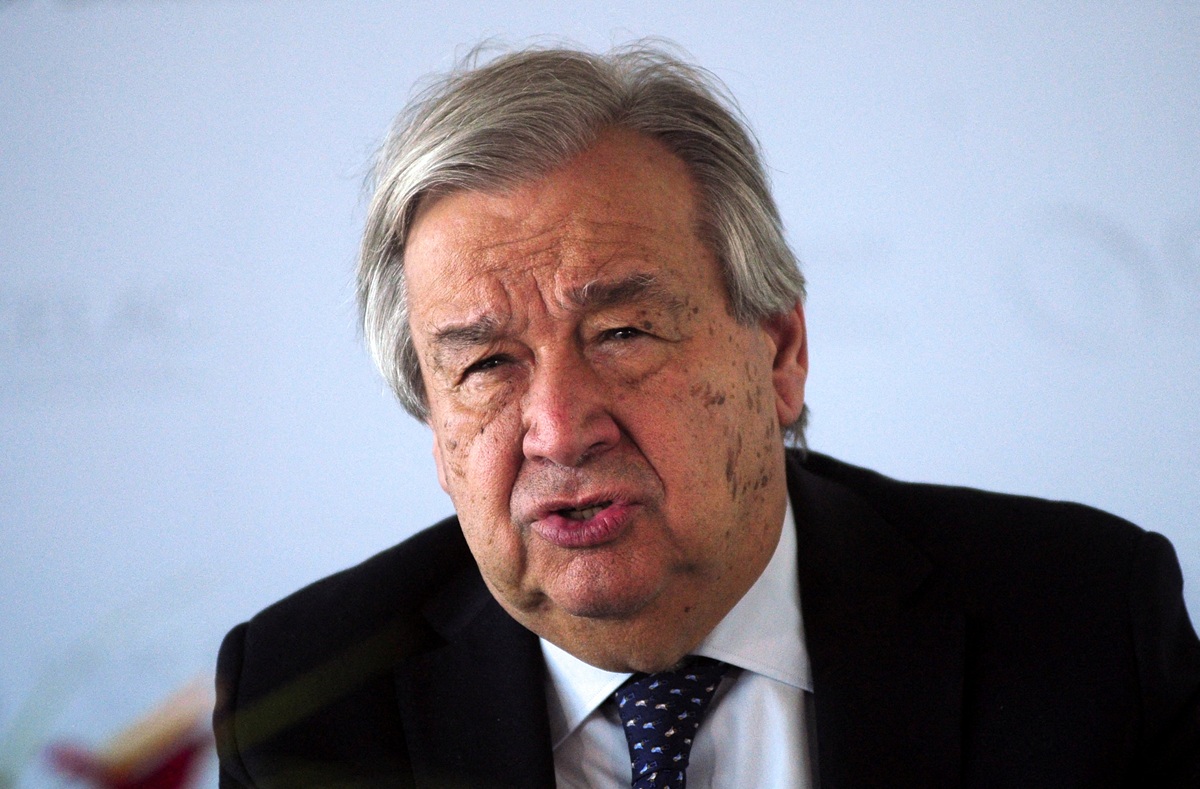
Omar Alieu Touray, president of the ECOWAS Commission, told the council that restoring trust among regional governments was fundamental to any effective joint security strategy. He noted that Sahel states are sharply divided between Western-aligned governments and military-led regimes, making cooperation difficult. Touray warned that intelligence sharing, border patrols and joint operations are impossible without rebuilding confidence, adding that no financial investment could compensate for the absence of genuine collaboration.
Beyond security concerns, the region faces severe environmental and economic pressures, compounded by a major shortfall in humanitarian funding. This year’s six emergency appeals for the Sahel and the Lake Chad Basin require $4.9 billion, but less than a quarter has been secured — roughly half the amount available at the same time last year. Guterres highlighted that Mali’s humanitarian response plan is particularly underfunded, having reached only 16 percent of its target.
Sierra Leone’s president, Julius Maada Bio, who currently chairs ECOWAS, called for a unified UN–ECOWAS–African Union framework to bolster peace and resilience across the troubled region.


 Trending
Trending 
